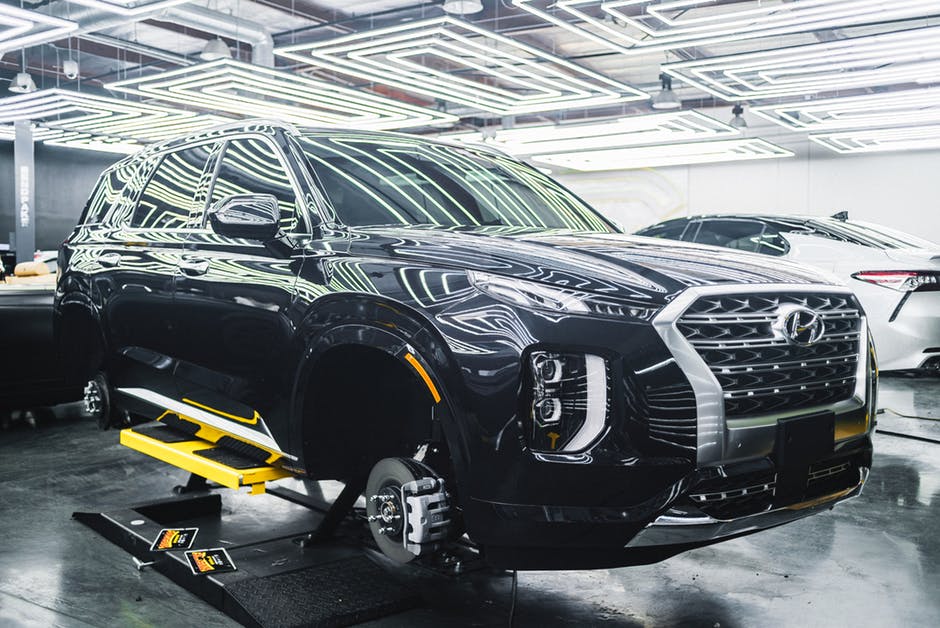
The average car manufacturers’ warranty in the United States typically offers coverage for 3 years or 36,000 miles. Depending on which comes first.
With warranties frequently expiring, scammers have found a new audience to target.
To protect yourself, you must be able to identify when a scammer is trying to get your details.
Continue reading to discover the most common extended car warranty scams being used!
1. Contract Writing
Common extended car warranty scams involve a caller trying to get access to your personal information.
The scammers will call people and tell them that their automotive warranty is going to expire. These calls can be convincing because scammers can purchase your vehicle information, so that is can be used on the call.
Many people assume that because they can provide this basic information, they must be legitimate. The scammers may tell you that they need more details to be able to write a new car warranty contract.
2. Automated Messages
One of the easiest ways to identify automotive warranty scams is to listen to who is talking on the other line.
Scammers are using robocalls to quickly scam as many people as possible. If you answer your phone and an automated message begins to play, you should hang up. This method is often directed towards older adults.
If you require coverage, you should look for a recovery warranty for your vehicle from a trusted source. Make sure that you talk to more than just a bot. Work with the companies and talk to each person to verify their legitimacy. It is crucial to do this before sharing personal information.
3. Partial Coverage
When scammers can get the information that they want, they sometimes send coverage information to customers.
Customers often discover that their contract incomplete. For example, they may pay for part of the coverage for your engine and not the entire piece. This can leave you with no options and vulnerable to identity theft.
Before signing any contract and sharing information, read through the contract. You can also have your lawyer look it over if you are still unsure.
4. Masquerading as Other Companies
Scammers can get the information they seek by using caller ID names that people would normally trust.
Instead of calling from private or blocked numbers, which would quickly give them away, they use other companies. If you have a call from Geico about your extended warranty, you can hang up the phone, look up the customer service number and give them a callback.
This is the best way to handle the situation without assuming every call is a scam.
Avoid Extended Car Warranty Scams
Scammers have developed ways to mislead people and convince them to share personal information.
Most extended car warranty scams are difficult to identify, but there are a couple of things to look out for. Don’t assume that you can trust the caller if they know what type of car you have and your mileage.
An auto warranty scam can also be hidden under the most popular company names. When unsure, hang up the phone, look up the company number and call back.
Be sure to check out our blog for more articles about avoiding extended warranty scams for your vehicle!




